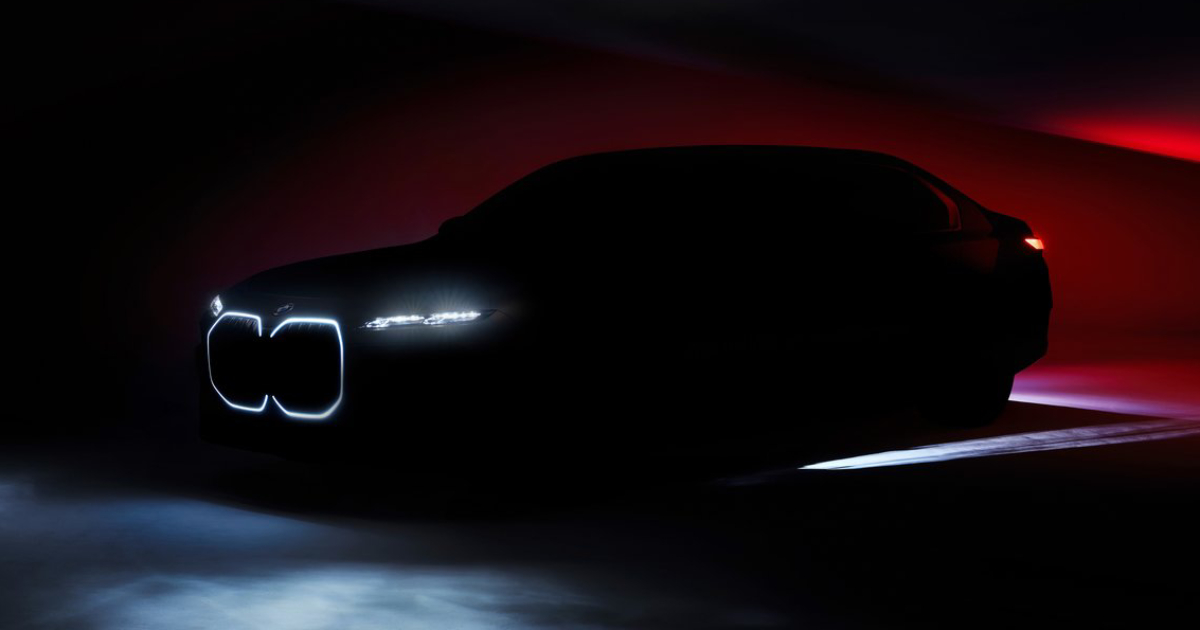According to media reports, BMW believes that the i7 sedan and the future iX5 are large enough to accommodate a compact gasoline engine without disrupting the overall design. The company manufactures engines in-house, so integrating one into a large electric vehicle should help reduce development costs and shorten the time to market for such a vehicle.
Extended-range electric vehicles function like regular electric vehicles with one or more electric motors. However, they also have a small internal combustion engine that operates solely as a generator for the battery, burning fuel to extend the range if charging stations are unavailable.
For BMW, the key factor is the Chinese market, where local manufacturers such as BYD have achieved significant success with EREV models.
The company continues to explore possibilities, and the timing for the new generation of BMW EREVs has not yet been announced. Representatives of the German manufacturer reported that the company constantly analyzes vehicle usage concepts, customer needs, and market trends, evaluating the potential of various technologies.
Source: Bloomberg

